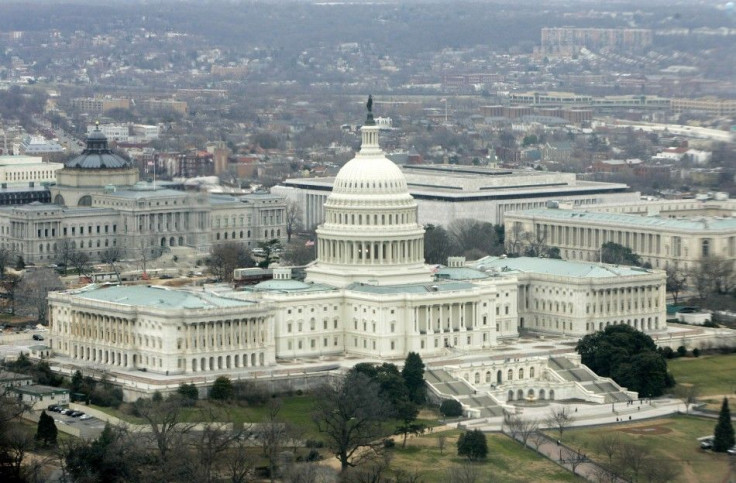Senate Upholds Big Oil Tax Breaks

The U.S. Senate on Thursday killed a bill that would have stripped the five biggest oil companies of billions in tax breaks.
The bill, which wasn't expected to pass with bipartisan support, failed 51-47. Sixty votes were needed to adopt the measure sponsored by Sen. Robert Menedez, a Democrat from New Jersey.
Though an expected failure, the bill proved to be a political football, as the White House, under increasing political pressure, battles high energy and gasoline prices and tries to get oil companies to pay their fair share of taxes.
The national average price of gasoline on Thursday was $3.92, up a penny in only a day, and 33 cents higher than a year ago, the American Automotive Association said.
President Barack Obama urged senators Thursday to support Americans coping with high energy prices, and not side with oil companies that reap huge profits.
'Hitting The People Twice'
Think about that. It's like hitting the American people twice. You're already paying a premium at the pump right now. And on top of that, Congress, up until this point, has thought it was a good idea to send billions of dollars more in tax dollars to the oil industry, Obama said.
Had the bill passed, $24 billion in tax exemptions would have been eliminated.
Thursday's measure was the second time the Senate tried to end subsidies for Big Oil, and failed. The previous attempt went down, 52-48, last May.
In his proposed budget for 2013, Obama outlined plans to strike $41 billion in subsidies over the next 10 years.
Efforts to kill subsidies have been attacked by the petroleum industry, which says oil companies need the breaks in order to spur oil and natural gas development.
The American Petroleum Institute, the industry's main trade group, slammed senators Thursday for debating and voting on what it called a political distraction from what could actually reduce energy prices.
A Different Approach
Solving our energy and economic challenges requires a different approach, API chief economist John Felmy said. It requires doing something we know works: producing at home more of the oil and natural gas that our nation will need for decades to come.
Felmy reiterated the trade group's request that Obama open up more lands for exploration and development.
The call came after the Interior Department started to take public comment Wednesday on an impact statement concerning seismological and geological surveys of the middle and south Atlantic Ocean ahead of potential oil and gas exploration.
© Copyright IBTimes 2024. All rights reserved.











